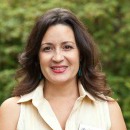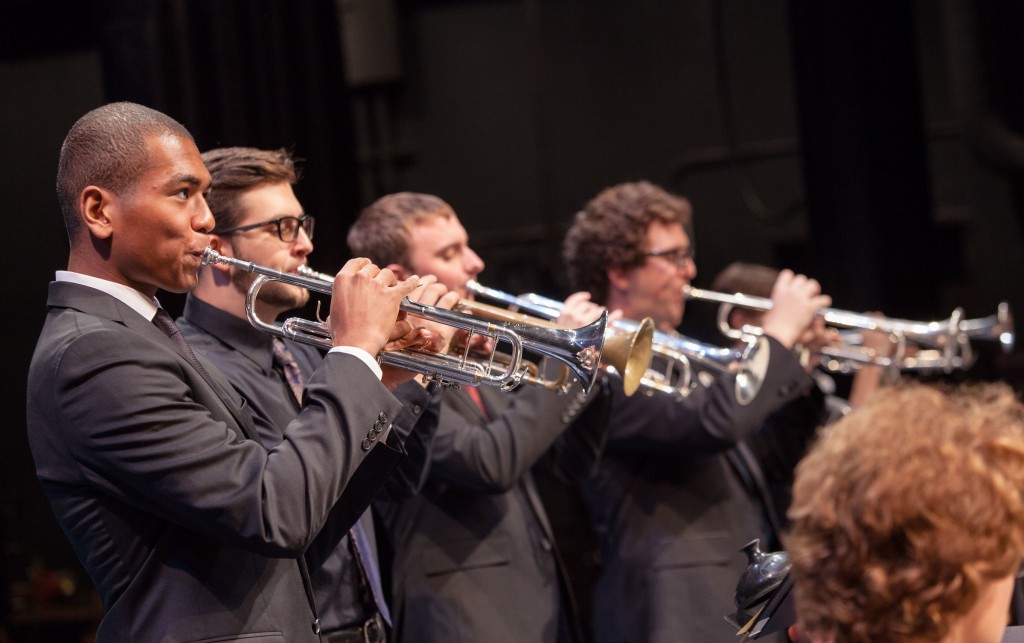Page 131 • (2,429 results in 0.036 seconds)
-
PLU’s culturally sustaining STEM program helped prepare Becca Anderson to be a dynamic teacher Read More Culturally Sustaining STEM Teacher ProgramThe PLU Culturally Sustaining STEM (CS-STEM) Program is designed to prepare STEM teachers committed to teaching for equity and justice. There is a need for highly effective K-12 STEM teachers equipped to teach diverse populations of students. In order to improve educational outcomes for K-12 students who have been historically marginalized and
-
administrators to enact these approved policies and procedures. To develop and oversee policies for regular programmatic curriculum review, revision and oversight of the Core Curriculum. To work in collaboration with appropriate administrators to conduct the review for and report the results of this review and recommendations to appropriate bodies (e.g., the faculty, the Educational Policies Committee, the provost, etc.). To facilitate general program management and delivery including: a. Review and approve
-
strategies to increase student interest and engagement in any course. Games and Competition: Game-based learning isn’t just for children. Games tap into the human desire for competition and utilize scheduled, intermittent rewards to keep learners motivated. Games for higher education are growing in popularity. (Check out the Educational Gaming Commons hosted by Penn State.) But, even simple, low-tech games or competitions can make learning really engaging for students. Applied Learning: Students
-

specifically, how Panamanians cope with and negotiate the legacy of the invasion through cultural productions and memory practices. This research takes me not only to print and film archives, but also to cultural and educational institutions where people craft and share their own “canal memories.” Whether I’m analyzing nationalist novels studied in high schools, the oral histories at the West Indian Museum of Panama, or testimonial short stories of survivors of the 1989 U.S. Invasion of Panama, I uplift
Area of Emphasis/Expertise -

specifically, how Panamanians cope with and negotiate the legacy of the invasion through cultural productions and memory practices. This research takes me not only to print and film archives, but also to cultural and educational institutions where people craft and share their own “canal memories.” Whether I’m analyzing nationalist novels studied in high schools, the oral histories at the West Indian Museum of Panama, or testimonial short stories of survivors of the 1989 U.S. Invasion of Panama, I uplift
Area of Emphasis/Expertise -
natural multinational artistic project with an educational orientation to evaluate colonial pasts and postcolonial relations between both sides of the Mediterranean landscapes. MED-BD has the capacity to challenge deceptive unrepresentative photographic reportage and journalistic writing and humanize internees and refugees of WWII in North Africa and today’s migrants in Europe. The MED-BD has developed into a repository of visual stories that challenge pictorial archives of photographers and
-
concerns, they included the study of languages, history, poetry, and ethics in addition to the medieval foundation in the trivium and quadrivium. And yet their educational reform was undergirded by a profound sense of human limitation, that is, no one person and no one discipline could possibly grasp the totality of the natural world and all that dwells within it. Luther insisted that “no science should stand in the way of another science, but each should continue to have its own mode of procedure in
-
distinctive set of interlocking emphases to the educational mission of Pacific Lutheran University today. Seven language departments cover languages strategic for the Lutheran intellectual tradition. The university sponsors chairs in both Lutheran and Holocaust Studies and professorships in Scandinavian Studies and Education. Language and historical studies are highly valued. Scientific inquiry is conducted in first-rate laboratories and departments. Creative writers on campus explore the heights and
-

alumnus Dr. Richard Weathermon ’50, the Richard and Helen Weathermon Joyful Noise Endowment for jazz studies created an annual two-day artist-in-residence program to bring a renowned jazz artist to campus to perform with the University Jazz Ensemble and a select local high school jazz band, to lead rehearsals and public master classes, and participate in other educational and performance activities. Last year, the University Jazz Ensemble featured tenor saxophonist, Jeff Coffin. This year, alto
-

in professional conferences is important for building industry connections, growing relationships, and elevating the work at PLU. The pandemic has most assuredly made these goals more difficult; however, professional opportunities remain an important part of the PLU experience. Dr. Vianna’s participation in the 2022 Jazz Education Network conference gave him a chance to learn from colleagues across the globe via clinics, workshops, concerts, and panel discussions. These new ideas, educational
Do you have any feedback for us? If so, feel free to use our Feedback Form.


